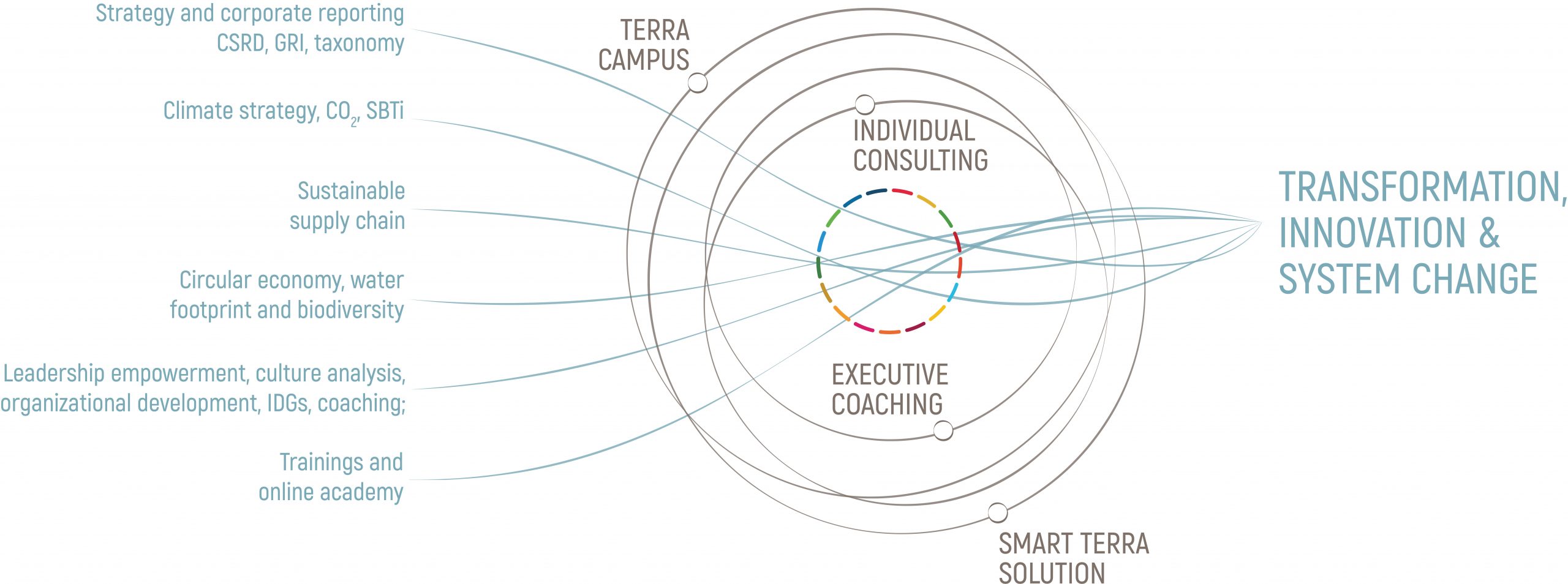SUSTAINABILITY CONSULTING FOR COMPANIES
Establishing a sustainability strategy requires the right partner
/ OUR OFFER
SUSTAINABILITY
CONSULTATION
WHY IT TAKES THE RIGHT PARTNER TO ESTABLISH A SUSTAINABILITY STRATEGY
Corporate sustainability is a complex issue and it is often difficult to find the right path and keep track of the various rules, regulations and laws.
However, working with Terra Institute as a sustainability consultancy can help companies find the right set of regulations and the right approach for them. In this way, they can achieve long-term sustainable development that adds value to the company, its employees and the system as a whole.
TERRA IS THE FIRST CHOICE IN SUSTAINABILITY CONSULTING
As a service partner for innovation and sustainability, we advise and accompany holistically and with a systemic approach
- different organisations in the public and private sector
- as well as individuals who want to make an active contribution to the global change towards sustainability.
We accompany our clients on the path of transformation
- starting with the basic workshop
- the development of an individual sustainability strategy
- sustainability reporting according to official standards and business model
- and business model innovation
Our offer consists of well-founded consultations, coaching, training and facilitation, which we create together on the basis of specifically identified client needs.
To ensure that our cooperation is a successful one, we have always combined our systemic work on external structures with work on and within. Today we find the philosophy of sustainable personal development mirrored in an international opensource platform and use the Inner Development Goals (IDGs) integrated into our work.
HOW DO OUR CLIENTS BENEFIT FROM SUSTAINABILITY CONSULTING BY TERRA INSTITUTE?
Corporate sustainability is a complex issue. It is often difficult to keep track of different regulations, rules and laws and to find the right way. Working with Terra Institute as a sustainability consultancy helps companies get this overview and find the right approach for them. In this way, they can achieve long-term sustainable development that offers added value for the company, the employees and the system as a whole.
At Terra Institute, we help companies
- Identify their sustainability strategies and goals,
- implementing effective measures to improve sustainability, and
- in perpetuating sustainable processes within the company.

THE COMPANIES
WHO HAVE CHOSEN US









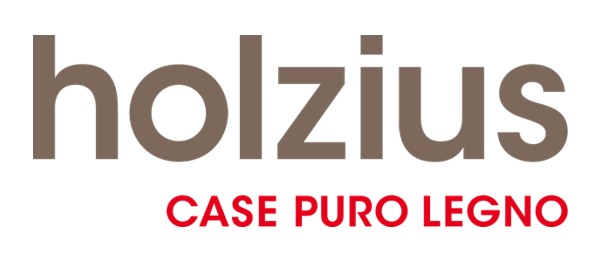







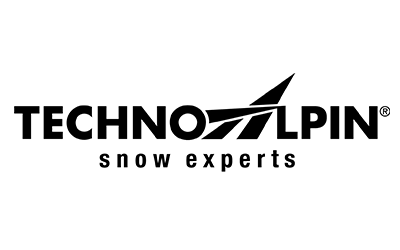

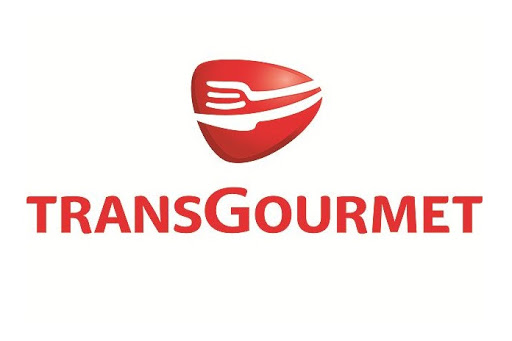


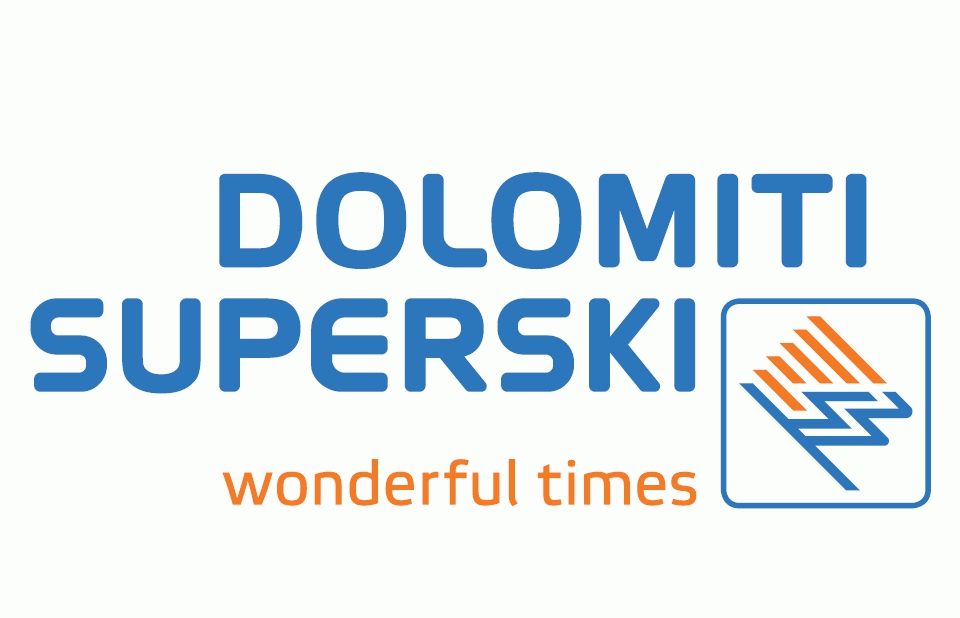
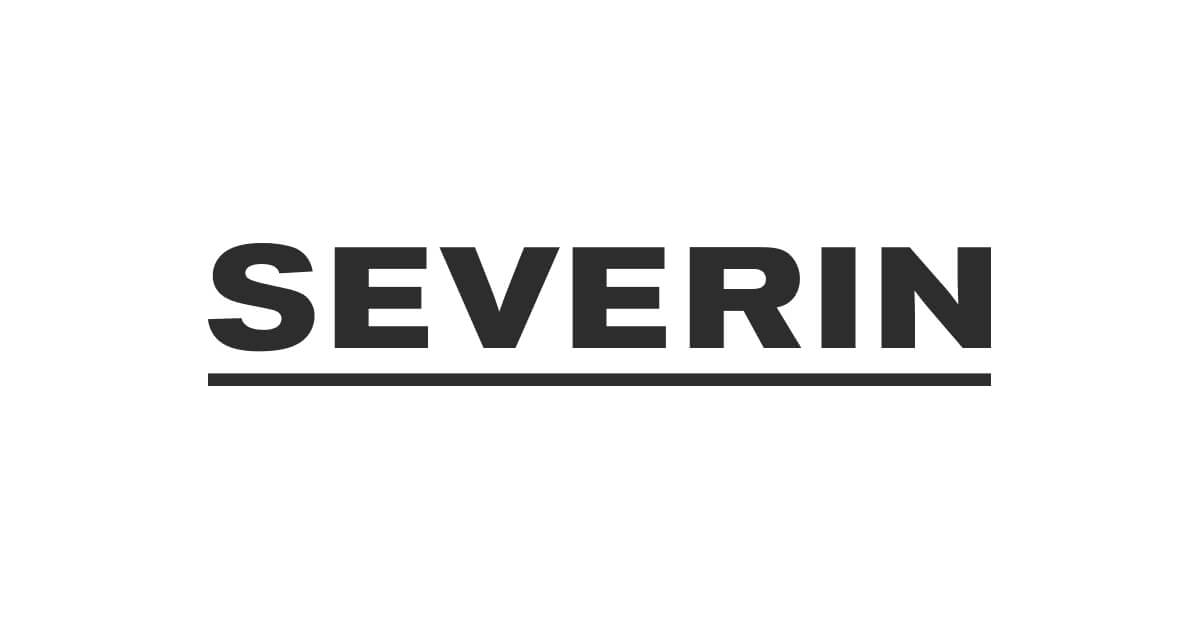



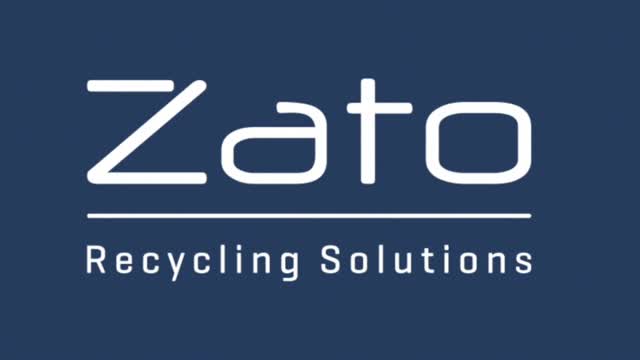
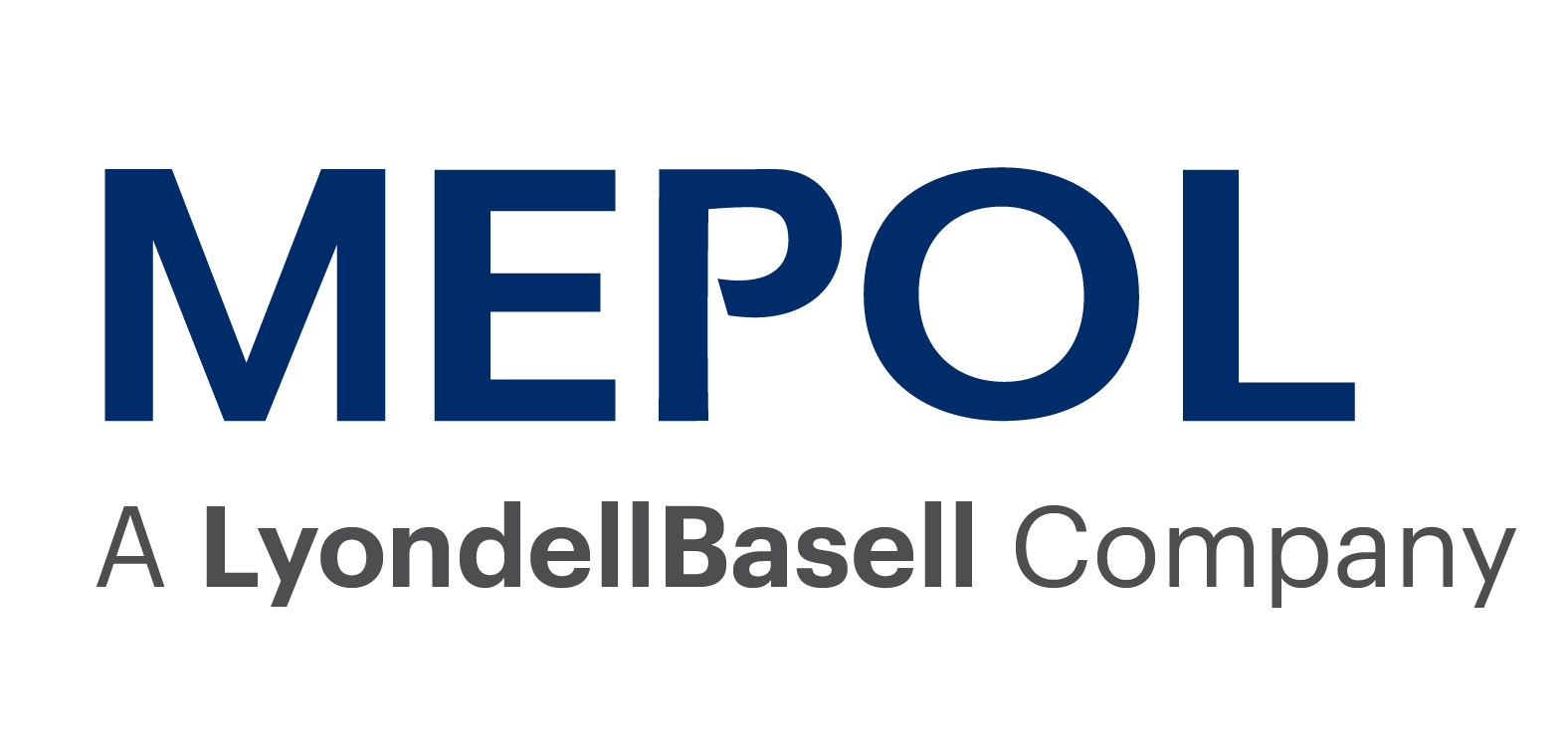

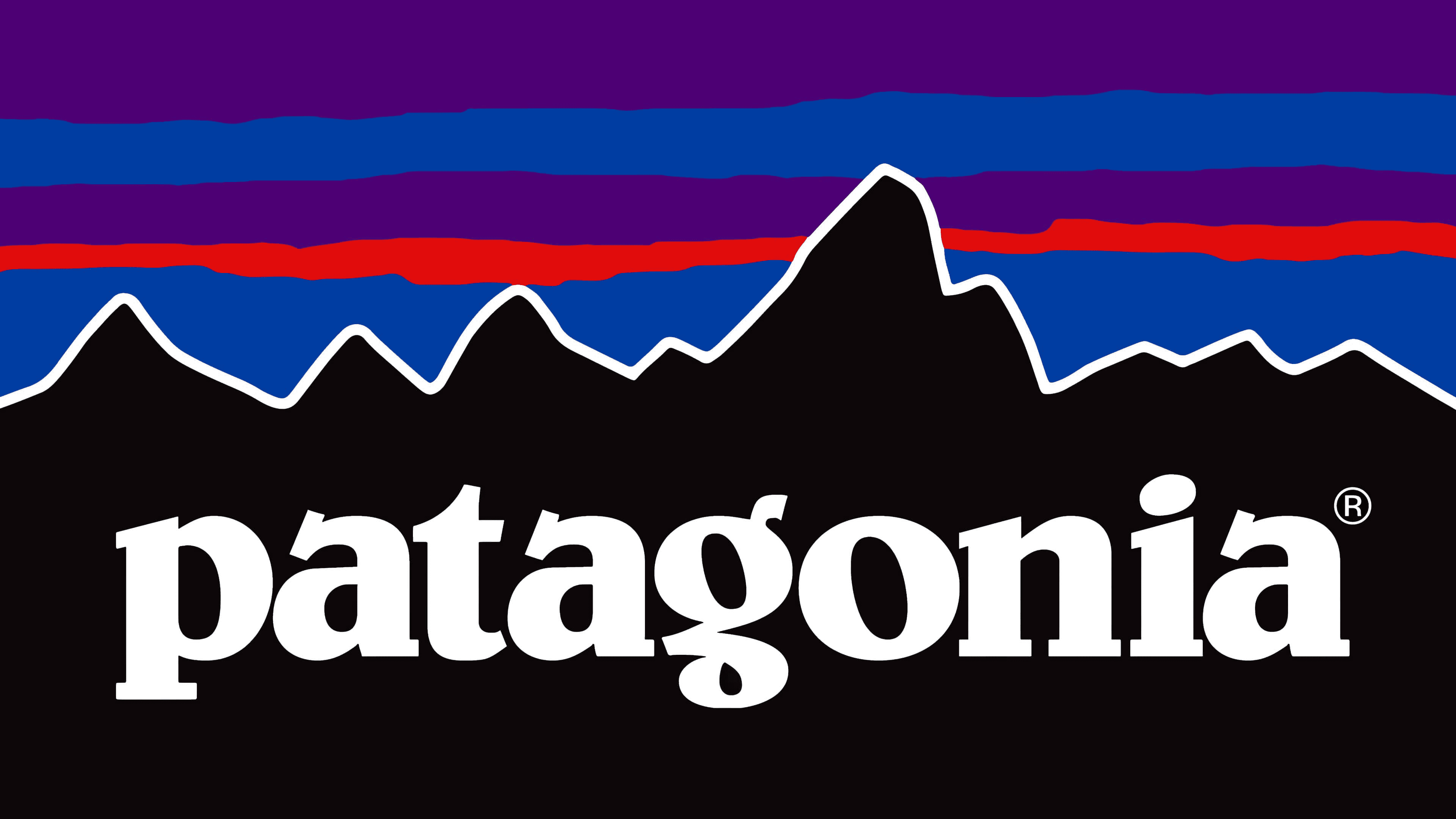

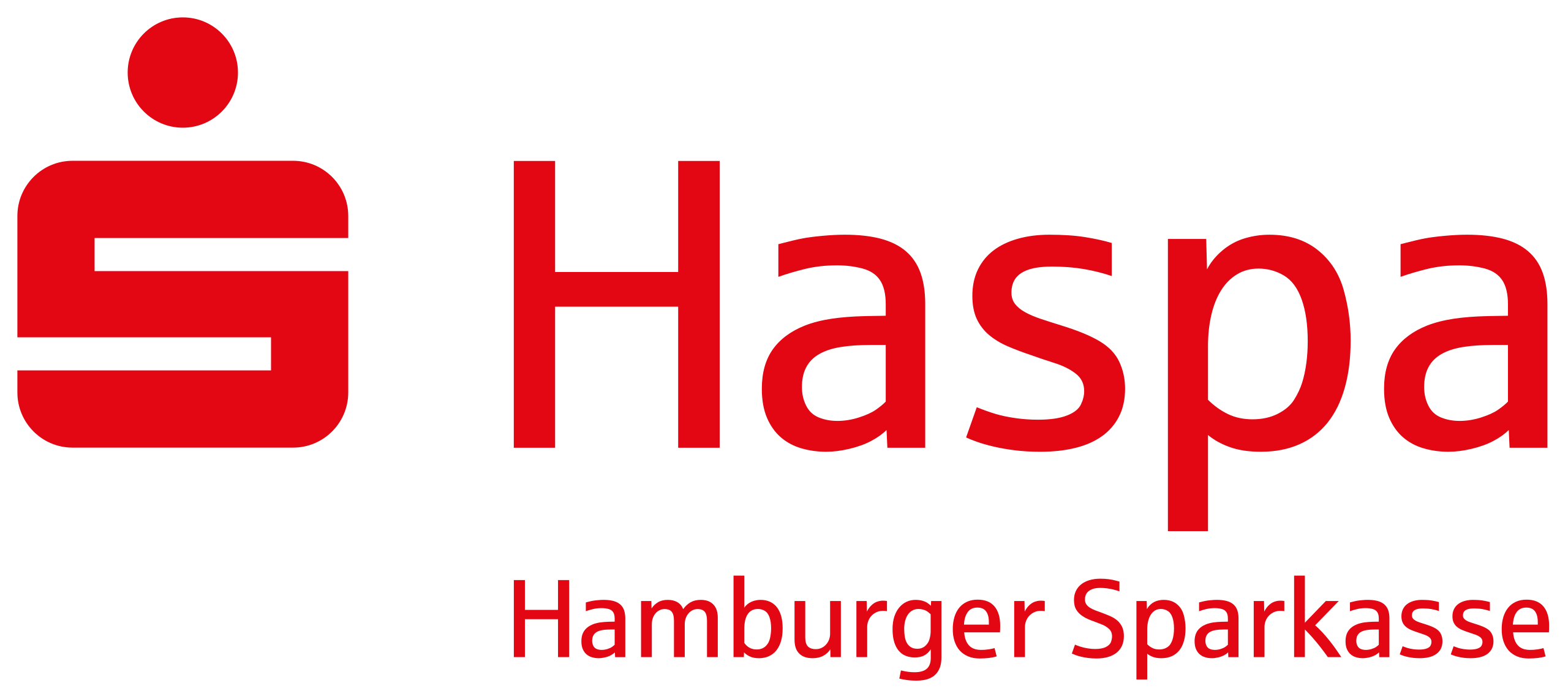

WHAT APPROACH DOES TERRA TAKE TO SUSTAINABILITY CONSULTING?
At Terra Institute, we take a systemic as well as holistic approach, looking at employer : employee relationships as well as the larger global context, thus working with a holistic perspective. Today we live in an increasingly complex world whose interrelationships are becoming more and more opaque. The systemic approach keeps this complexity visible and allows a company to include all perspectives. This allows our clients to remain flexible in their options.
In this way, we also combine classic sustainability issues of the external dimension with issues of the internal dimension. While the legal requirements prescribe sustainability, there is still a need to raise awareness of these issues within the company.

Sustainability topics of the external dimension are, for example
- CO2 calculation
- Climate strategy
- Science-based targets
- Reporting
Sustainability topics of the inner dimension, on the other hand, are:
- Talent management
- Corporate culture
- Communication within the company
At the same time, everyone in the company can be involved, and interested employees can be included at an early stage. Terra’s sustainability consultancy thus pursues a strategy that involves the entire company and motivates it on this common path. Because sustainability is not only a necessary step for our future, but also an additional value that a company creates and with which it convinces internally and externally beyond the daily business.
HOW DOES TERRA GO ABOUT SUSTAINABILITY CONSULTING?
That depends on the company’s particular concerns. For example, these are often:
- “We would like to, or even we finally need to do something, but we don’t know where to start.”
Here we usually recommend booking our sustainability workshop, which offers a good introduction to the topic. Together with the client, we first check whether or from when there is a reporting obligation. Then we look at the current understanding in the company of what sustainability means for the company. Where the company may already be on the road to sustainability and where there is still a lot to do.
Together we work out
- a system analysis,
- initial fields of action
- and an agreement on which fields of action should be tackled, in what order and with what priority.
- “We need a risk analysis or a sustainability report.”
Here we put together a team that has the relevant expertise and start with what is acutely needed. In our experience, this then leads to further building blocks and a deeper dive into the topic of sustainability.
- “We would like to realign ourselves completely in terms of sustainability.”
Here we work out a purpose or company purpose together. Here, too, we start with the sustainability workshop and, together with a core team, define the answer to the question: What does sustainability mean for the company?
We then prioritise the Sustainable Development Goals (SDGs). Using this framework, in combination with a system analysis, we develop a solid foundation from which individual fields of action can then emerge. From here, we move on to more in-depth work on the purpose and orientation of the company, or on the impact of the company internally and externally. In the course of such an in-depth process, coaching or internal training is often used.
- “We know what needs to be done, but we need support along the way.”
For example, some companies know full well that they need to address their supply chain in order to comply with the new CSRD guidelines or the requirements of the new Supply Chain Act. Based on the specific needs of the company, we put together our team of specialists, who then change along the way – depending on the focus. However, our clients are accompanied by the same project manager for the duration of the project, so that at least one contact person remains constant.
THE MOST FREQUENTLY ASKED 8 QUESTIONS ABOUT SUSTAINABILITY CONSULTING – FAQS
1. WHAT ARE THE MOST IMPORTANT SUSTAINABILITY ISSUES FOR MY COMPANY?
In fact, it is difficult to determine the blanket most important sustainability issues for all companies. Limiting global warming by limiting greenhouse gas emissions is certainly always one of them. Beyond that, however, the answers to this question can look very different depending on the company, sector and intention. It is not for nothing that there are 17 Sustainable Development Goals (SDGs) set out in the 2030 Agenda.
One of the first steps we take with a company is therefore to determine which SDGs are most relevant to them. On the one hand, this provides a broad overview of the diversity of the topic, and on the other hand, it also provides an initial orientation for the company. So we ask:
- Which values are particularly important to us?
- What do we feel called to do?
- Where do we want to go and what goals do we want to set for ourselves?
The most important SDGs then serve as a compass for the company in the further course, for example in the definition of a strategy with concrete fields of action and KPIs (Key Performance Indicators). It is also important to consider the context in which a company operates and where the best results can and should be achieved:
- Does the company act on a global, national or regional level?
- Are there certain areas in which the company can contribute particularly effectively due to its specialisation?
- What issues are particularly relevant to the company’s stakeholders?
All these questions are included in the determination of a company’s most important sustainability issues.
2. HOW ARE A COMPANY'S MOST IMPORTANT SUSTAINABILITY ISSUES IDENTIFIED?
3. HOW DOES A MANAGEMENT CONSULTANCY FOR SUSTAINABILITY WORK?
As sustainability consultants, we at Terra see ourselves first and foremost as supporting companies in finding the best way and methods for sustainable management and development. A sustainability consultancy always covers the following 4 steps:
- Define sustainability: This means that we first help companies to understand for themselves where they want to go, what sustainability means to them and which fields of action they want to tackle specifically.
- Providing an overview: We help to get an overview for the complexities of the field and legal requirements so that the company can start the process well.
- Create a team: Based on the wishes and plans we work out with the company, we put together a team with the necessary competences.
- Start the process: Our team accompanies the company in a dynamic and adaptable process that takes current needs into account. In this way, we can also offer coaching in the right places, incorporate training for employees, so that the whole company pulls together and reacts to changes.
4. DO SUSTAINABILITY AND SUCCESSFUL BUSINESS COMPETE WITH EACH OTHER?
In discussions with clients, we are often asked whether sustainability and successful business are in competition with each other and whether they are two opposing concepts. Our answer is no! On the contrary, business plays a crucial role in sustainable development and an early decision for sustainable business and a sustainability strategy can bring decisive advantages.
This is for two main reasons.
- Sustainable business is better for the environment: addressing sustainability, and especially effectively reducing energy consumption and CO2 emissions, helps reduce the scope of climate change, which means a more stable economy, fewer natural disasters and extreme weather events, and fewer supply shortages due to droughts and pandemics.
- Sustainable business improves credibility: Taking sustainability seriously and deeply helps to convince the clientele. By communicating the measures taken as a company, one achieves a credible appearance in the public eye and can also engage employees beyond their daily work. We believe that successful business depends on sustainability.
5. HOW DOES SUSTAINABILITY WORK GIVE YOU A COMPETITIVE EDGE?
The start of a sustainability process in a company, for example a sustainability strategy, is also accompanied by various advantages for a company:
- Firstly, the company’s business model is analysed and it is understood what the critical success factors of the company and its functional model are.
- Furthermore, the reference context is analysed, also in relation to the competitors/peers/inspirers of the reference.
- It is also understood how their business models work in comparison to those of the client company.
There are two approaches here:
- The classical model: this envisages identifying areas of intervention to position oneself according to the chosen market strategy and the corresponding business strategy.
- The systemic approach: In our case, we use a systemic approach for this. This means that companies are not considered as separate elements, but as organisms (actually systems) in relation to which it is possible to identify so-called levers in order to achieve the desired strategic change.
So what is the difference between these two approaches?
Let us imagine a person who has knee pain and approaches the physiotherapist in the first case and the osteopath in the second. The physiotherapist will act on the symptom selectively (linear model – traditional). The osteopath will ask about the cause of the symptom and where it comes from (systemic model): Have you ever had pain in your body due to a jaw closure problem? At this point the osteopath will start at the jaw and bring about a change in the whole body system, including improving the knee pain. Both approaches can solve the problem, but the second approach is more profound and structural, looking at systems primarily as a series of relationships between parts and as constantly evolving organisms (learning organisations).
6. HOW TO FIND THE RIGHT INNOVATION OPPORTUNITIES?
Opportunities for innovation arise from
- investment and/or other positive aspects of the company’s activities
- and can (and often are) derived from negative aspects, which are transformed into levers for systemic change through this approach.
The impact of systemic change is obviously more long-term, more profound and requires more time than the traditional linear approach. To support the systemic approach, the opinion of stakeholders is also taken into account, who are “outside” the business system but are part of its ecosystem. In the same way as above: How might a change in the relationship with one of my stakeholders affect my system itself? Let’s just think about how the dynamics along a value chain might change if the company applies a different pricing policy to its suppliers.
In summary, the choice of elements to focus on to gain a competitive advantage is a careful and deliberate mix of the following factors:
- Market positioning (current and aspirational),
- internal organisation
- internal development opportunities (investment, organisation, time, people, etc.),
- understanding of the key levers to be tackled at a systemic level
- Understanding the external constraints to the implementation of the strategy.
Like any pioneering work, the pioneering role of sustainability advocates lends itself to internal and external communication:
- Internally, in times when Generation Z is demanding meaningful work.
- Externally, because customers everywhere are looking for differentiation and identification.
Anyone who has embarked on the path of transformation knows that there is more to it than fulfilling pre-determined standards. Clear criteria and a guideline can be a valuable tool here. Those who set out on the path always have another strong companion: the opportunity for innovation.
It is widely recognised that disruptive or radical innovation is required to catalyse widespread change around sustainability, as a more sustainable business model often requires a redesign of methods for the following:
- Product and process design
- Production
- Distribution
- Administration
Companies that strive for sustainability are more likely to innovate, according to a Deloitte research study. In its report titled “Sustainability Driven Innovation”, the firm quantifies how sustainability leadership is linked to innovation leadership and concludes that companies that are sustainability leaders are 400 per cent more likely to also be innovation leaders. This correlation is likely due to the fact that companies that strive for sustainability are more likely to develop innovative processes, products and services to bring their sustainability strategies to life.
7. WHICH COMPANY HAS ALREADY BENEFITED FROM SUSTAINABLE INNOVATION?
After the bad press that shoe and apparel company Nike received in the late 1990s and early 2000s for exploiting workers in offshore factories, the company embarked on a two-decade journey to reinvent its image and shape its supply chain and product development in more sustainable ways.
Today, Nike is recognised as one of the leading brands for sustainability. Hannah Jones, the company’s Chief Sustainability Officer, defines innovation as “invention that creates value, whether that’s value in terms of sustainability, new offerings for the athlete or in terms of our shareholders”. Starting in 1992, Nike invested around $50 million in research and development to replace FS6 gas (a greenhouse gas) in its Nike Air soles with nitrogen. This led to the birth of the high-performance Airmax 360 in 2006 – the first athletic shoe to use air cushioning to support the entire shoe without additional foam support. By taking the path to improve the sustainability of their business, Nike was able to create an innovative, high-performance shoe while reducing their impact on the environment.
This link between sustainability and innovation is good news for businesses because in the knowledge economy, a company’s ability to innovate is critical to its competitiveness and longevity. By embracing sustainability, a company can create a win-win situation where both the planet and the company benefit.
8. CAN YOU CREATE COMPETITIVE ADVANTAGE THROUGH SUSTAINABLE INNOVATION?
There are many voices that see innovation as the only sustainable competitive advantage that 21st century organisations can achieve. This is based on the premise that today’s knowledge economy already gives companies access to vast amounts of information and that the difference between the best and mediocre organisations is their ability to use this information to innovate and stay ahead of the competition.
However, to reap the benefits of innovation, companies must be willing to take risks and accept short-term costs (or view them as an investment) in order to reap the benefits in the medium to long term. This requires commitment from top management and a willingness to stay the course despite the challenges. Innovation can take several forms:
- Innovation can be defined as the invention of new products and services that can be profitably offered on the market.
- Innovation can be applied in many different contexts, including technological innovation, product innovation, process innovation, policy innovation and social innovation, to name a few.
Often innovation by companies (or industries as a whole) is divided into 3 different types:
- Incremental innovation: incremental improvements to products or processes, such as when a factory makes adjustments to its machinery to produce a larger quantity of products at a lower cost, or when a digital memory manufacturer develops smaller memory cards that can store larger amounts of data.
- Disruptive innovation: Extreme changes to existing products or processes, e.g. when first CDs replaced cassettes and later the iPod revolutionised the market for portable music players and made devices like the Sony Walkman obsolete.
- Radical innovation: This type of innovation depends on the discovery of new scientific knowledge and leads to the creation of entirely new industries. For example, inventions such as electricity, the telephone and the internet led to the creation of brand new industries with a variety of goods and services offered to consumers. This type of innovation is usually created through collaboration between academic/scientific institutions and businesses.
Innovation is an important driver of sustainability, it is a necessary condition to reorient the economy. However, innovation alone is not enough, it is not a “sufficient condition”. It also requires the vision or purpose mentioned several times, which represent the ethical compass of management.
NACHHALTGKEITSBERATUNG / UNSER TEAM
Allesia Dughera
 Focus:
Focus:Sustainability strategy, sustainability report.
Sectors:
Food, construction
Alice Piccolo
 Focus:
Focus:
Taxonomy, ESG assessment, sustainability reporting.
Sectors:
Financial institutions, insurance, software developers
Emanuela Vedovati
 Focus:
Focus:
Circular economy, sustainability strategy and sustainability reporting.
Sectors:
Trade, agriculture, textile industry, ancillary construction industry
Evelyn Oberleiter
 Focus:
Focus:
Purpose, change management, sustainable leadership & positive culture
Felix Pliester

Focus:
Circular Economy, sustainable business model innovation, sustainability strategy.
Sectors:
Trade, mechanical engineering, medium-sized companies, digitalisation
Günther Reifer

Focus:
Sustainability strategy, ESG assessment, innovation & sustainability
Sectors:
Financial institutions, furniture industry, food production, tourism, construction industry
Hans Steisslinger

Focus:
Sustainable supply chain, climate strategy, sustainability strategy.
Sectors:
Food, chemicals, pharmaceuticals, medical technology, industry, agriculture
Hans-Ulrich Streit

Focus:
Climate strategy, sustainable supply chain, sustainability strategy
Sectors:
Regional development, equipment technology, construction, industry
Helene Thierig

Focus:
Sustainability strategy, change management, stakeholder dialogue
Sectors:
Destinations, municipalities, regions, financial institutions
Lucia Radeljak

Focus:
Sustainability reporting, sustainability strategy, trainings
Sectors:
Agriculture, manufacturing, mining
Margit Holzhammer

Focus:
Sustainability strategy, sustainability management, sustainability reporting;
Sectors:
Health care, hospitals and retirement homes, tourism
Markus Kristen

Focus:
Change management, leadership empowerment, sustainability industry.
Sectors:
Insurance, banking, logistics
Paolo Agnelli

Focus:
Sustainability strategy, business model development
Sectors:
Tourism, regional and destination development, trade and distribution, handicrafts
Renata Rizzo

Focus:
Sustainability strategy, sustainable positioning and marketing, sustainable culture development.
Sectors:
Tourism, food production, crafts, logistics, auditing
Stefanie Siedelmann

Focus:
Social sustainability, human rights and supply chain, sustainability strategy, sustainability reporting.
Sectors:
Event industry, tourism, banking
Ursula Pichler

Focus:
Sustainability strategy, social balance sheets, opportunity management.
Sectors:
Museums and cultural management, medium-sized enterprises
Xenia Knorr

Focus:
Sustainable supply chain, human rights, circular economy, stakeholder engagement and sustainability reporting.
Sectors:
Agriculture and dairy, manufacturing, building management.
André Meinhard

Focus:
Sustainability reporting, sustainability strategy, materiality analysis.
Sectors:
Manufacturing, trade, electronics, agriculture and dairy industry
Contacts
Do you have any questions or would you like our support on your way to becoming a sustainable company?
The easiest way to get in touch with us is here!
Please note our Privacy Policy and conditions.
Thank you very much! We look forward to receiving your message!
office@terra-institute.eu
Tel. +39 0472 970 484.
-

BRESSANONE HEADQUARTERS
Terra Institute Srl
Via Sant'Albuino 2
39042 Bressanone (BZ)
Italy
INNSBRUCK OFFICE AUSTRIA WESt
Maria Theresienstr. 34
6020 Innsbruck
Austria
